Consumer interest in plant protein is growing significantly
This is a growing opportunity for food and beverage manufacturers… The top 10 plant-based proteins are:
1. Lentils
Lentils are a great source of carbohydrates and fibre as well as protein. They offer nearly 20 grams of the muscle-building macronutrient protein in one serving. Lentils are considered to be a starchy protein, and split green peas can be also added to the same category as lentils.
Lentils contain both essential and non-essential amino acids, including globulin (which makes up almost half of the lentils’ amino acid profile). Besides offering protein, lentils promote health via their starch content, insoluble dietary fibre, prebiotics, and potassium.
2. Hemp Seeds
Hemp seeds not only contain protein but also contain heart-healthy fats, mainly omega-3 fatty acids. Although they don’t contain all amino acids (they’re missing lysine), they are still an excellent source of plant protein. Hempseed oil contains all the essential amino acids, along with one called arginine, which helps with the production of nitric oxide—a vital molecule for a strong cardiovascular system. They have a subtly sweet and nutty flavour and are so small in size that they can easily be used and added to any recipe to boost the plant protein content.
3. Chia Seeds
Chia seeds are the tiny black seeds from the Salvia hispanica plant, a member of the mint family which comes from Central and South America. They have been used for centuries for their amazing properties to absorb water and turn into a gel-like substance thanks to the soluble fibre content in the seeds. Because of this unique characteristic, chia seeds are great to add to meals and foods to thicken naturally while also boosting the fibre, protein, and healthy fats.
4. Quinoa
Quinoa is a gluten-free grain (technically a seed) that is used as a carbohydrate. It’s considered a starchy protein because it contains carbohydrates, as well as the plant protein and fibre. It is used instead of rice for more diversity in your carbohydrate intake, and a little added protein with those carbs. Compared to other grains, quinoa has a better amino acid profile and higher protein to fat and carb ratio, it is also higher in the amino acid lysine, compared to wheat, corn, or rice.
5. Spirulina
Spirulina is incredibly protein rich and one of the few sources of plant protein that is mostly made of the macronutrient by dry weight (about 6o% to 70%) while most other plant proteins are only about 35% . Spirulina provides all essential amino acids, making it a complete protein. Research also shows that your body can use the protein from spirulina more efficiently, making it one of the best plant sources of protein out there. It tastes subtly sweet and nutty (hints of vanilla and chocolate), but with a background seaweed flavour.

6. Nutritional Yeast
Nutritional yeast is a staple food in plant based diets due to its versatility, high amounts of B vitamins, and protein content. Nutritional yeast contains no dairy or active yeast, and it’s found in a powder/flake form that creates a paste when mixed with liquid. It’s great for making dairy-free sauces, dressings, and more. You’ll get all amino acids in a serving of nutritional yeast. It’s an easy way to bump up the macronutrient in your meals when you just sprinkle it on top of a dish, just as you would cheese.
7. Seeds
Seeds such as sunflower, sesame, chia, hemp, flax, and pumpkin seeds are all both protein- and mineral-rich. Seeds vary by type, and some are nuttier in flavour whereas others are more sweet and neutral tasting. Pumpkin seeds have an earthy flavour, sesame seeds are very nutty tasting, sunflower seeds are slightly sweet and nutty, and flax and chia seeds taste mildly nutty.
8. Nuts
Nuts such as almonds, walnuts, cashews, pistachios, and brazil nuts are not only rich in minerals, Vitamin E, and healthy fats but they’re also high in protein. People often add nuts to meals or as snacks for the strong mix of protein and fat, two nutrients that help to fill you up and keep you full. While nuts do provide a great source of plant protein, they don’t contain all the full line-up of amino acids.

9. Beans
Beans and legumes like chickpeas are an amazing source of plant protein, carbohydrates, and fibre. Beans are considered to be a starchy protein, just like lentils. Magnesium is another key player in beans, which is an important mineral in our body and plays a key role in 300 cellular functions in the body including muscle function, protein synthesis, blood sugar control, and blood pressure regulation. It’s also been shown to help decrease PMS, headaches (such as migraines), and can be used to help relax digestive muscles which can reduce constipation.
10. Organic Tempeh, Tofu, and Edamame
Soy-containing foods such as tempeh, tofu, and edamame all offer a complete plant protein containing all amino acids. It’s one of the strongest, most animal-like protein in terms of chemical makeup. Some research says that soy has a high concentration of BCAAs or branched-chain amino acids, which are beneficial for any athletic performance.



